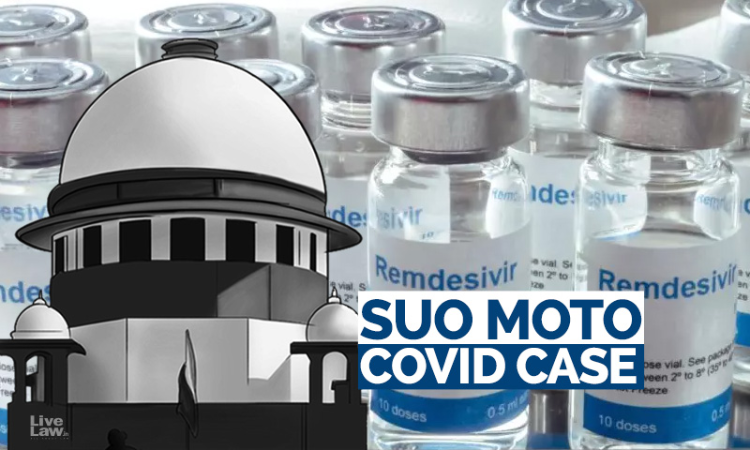The Supreme Court on Friday asked the Central Government why it was not considering invoking the powers under the Patents Act for compulsory licensing or government authorized use for drugs like Remdesivir, Tocilizumab, Favipiravar, which are used for treating COVID-19 patients.A bench comprising Justices DY Chandrachud, L Nageswara Rao and S Ravindra Bhat raised the query while considering...

